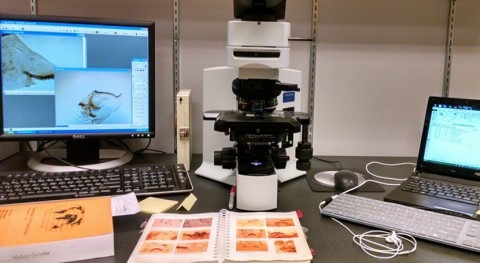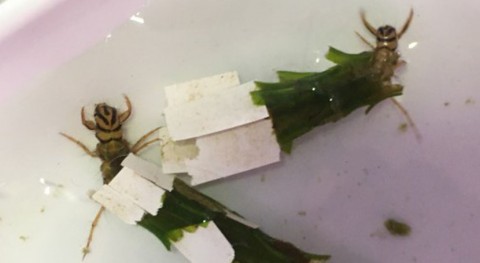Researchers looked for 14 commonly used antibiotics in rivers in 72 countries across six continents and found antibiotics at 65% of the sites monitored.
Metronidazole, which is used to treat bacterial infections including skin and mouth infections, exceeded safe levels by the biggest margin, with concentrations at one site in Bangladesh 300 times greater than the ‘safe’ level.
In the River Thames and one of its tributaries in London, the researchers detected a maximum total antibiotic concentration of 233 nanograms per litre (ng/l), whereas in Bangladesh the concentration was 170 times higher.
Trimethoprim
The most prevalent antibiotic was trimethoprim, which was detected at 307 of the 711 sites tested and is primarily used to treat urinary tract infections.
The research team compared the monitoring data with ‘safe’ levels recently established by the AMR Industry Alliance which, depending on the antibiotic, range from 20-32,000 ng/l.
Ciproflaxacin, which is used to treat a number of bacterial infections, was the compound that most frequently exceeded safe levels, surpassing the safety threshold in 51 places.
Global problem
The team said that the ‘safe’ limits were most frequently exceeded in Asia and Africa, but sites in Europe, North America and South America also had levels of concern showing that antibiotic contamination was a “global problem.”
Sites where antibiotics exceeded ‘safe’ levels by the greatest degree were in Bangladesh, Kenya, Ghana, Pakistan and Nigeria, while a site in Austria was ranked the highest of the European sites monitored.
The study revealed that high-risk sites were typically adjacent to wastewater treatment systems, waste or sewage dumps and in some areas of political turmoil, including the Israeli and Palestinian border.
Monitoring
The project, which was led by the University of York, was a huge logistical challenge – with 92 sampling kits flown out to partners across the world who were asked to take samples from locations along their local river system.
Samples were then frozen and couriered back to the University of York for testing. Some of the world’s most iconic rivers were sampled, including the Chao Phraya, Danube, Mekong, Seine, Thames, Tiber and Tigris.
Dr John Wilkinson, from the Department of Environment and Geography, who co-ordinated the monitoring work said no other study had been done on this scale. He said: “Until now, the majority of environmental monitoring work for antibiotics has been done in Europe, N. America and China. Often on only a handful of antibiotics. We know very little about the scale of problem globally.
“Our study helps to fill this key knowledge gap with data being generated for countries that had never been monitored before.”
Antimicrobial resistance
Professor Alistair Boxall, Theme Leader of the York Environmental Sustainability Institute, said: “The results are quite eye opening and worrying, demonstrating the widespread contamination of river systems around the world with antibiotic compounds."
“Many scientists and policy makers now recognise the role of the natural environment in the antimicrobial resistance problem. Our data show that antibiotic contamination of rivers could be an important contributor.”
“Solving the problem is going to be a mammoth challenge and will need investment in infrastructure for waste and wastewater treatment, tighter regulation and the cleaning up of already contaminated sites.”










